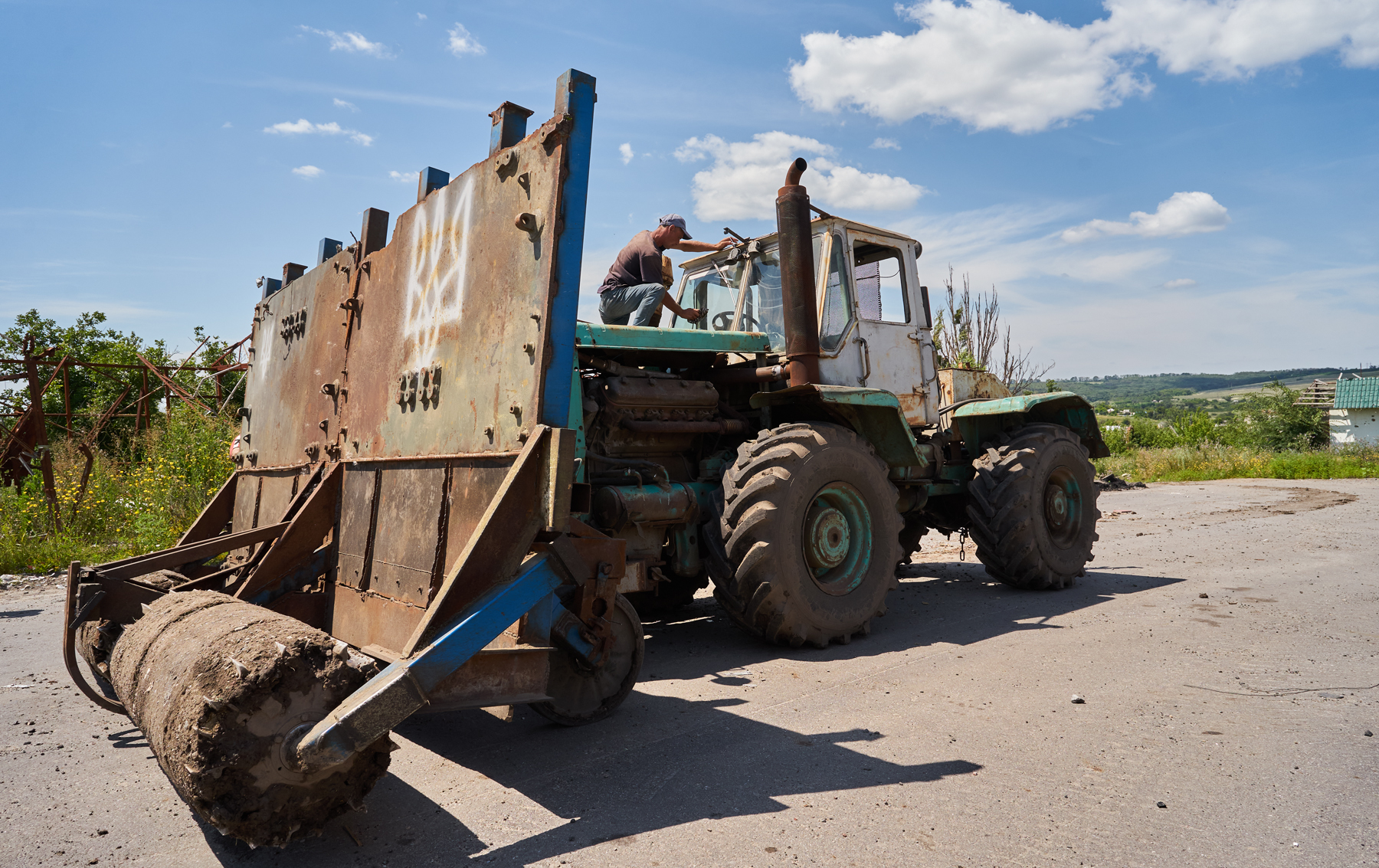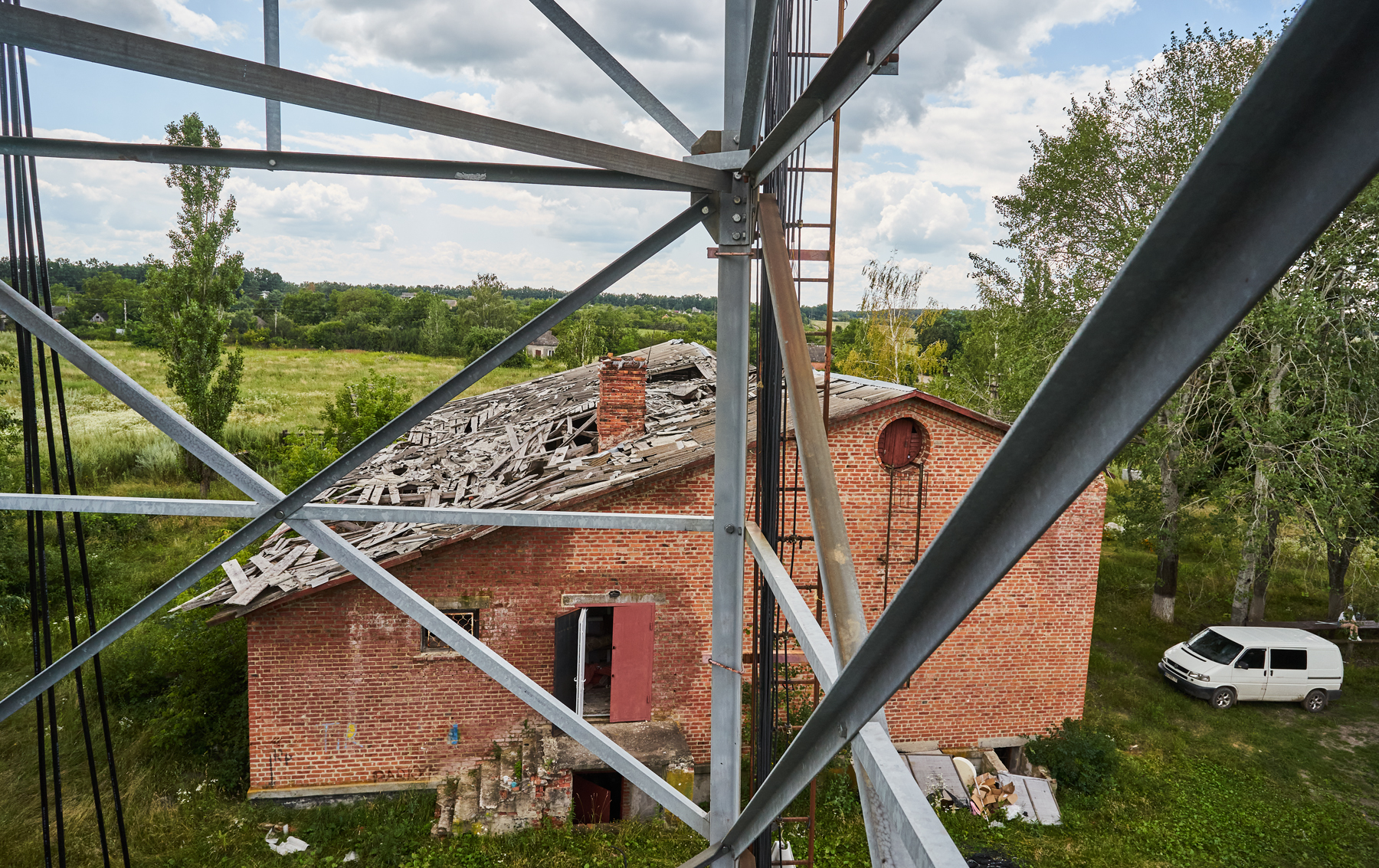July 15, 2023. Kharkiv. Ukraine. A new international mission started to monitor the impact of the Russian aggression on the sites of cultural identity of Ukraine and the extent of damage to the environment and agriculture. The monitoring will be a case study geographically defined by the boundaries of the Kharkiv region.
Russia’s aggression against Ukraine has resulted in a multitude of war crimes, including the deliberate destruction of Ukrainian identity through sites of Ukrainian culture, history and memory, and the destruction of the environment, with disastrous consequences for the livelihood-environment nexus.
The main task for monitoring is to gather information, photos, videos, and testimonies in the field. We are visiting the places and objects destroyed as a result of the war. We are talking with witnesses, teachers, experts, ecological activists, NGOs, local law enforcement agencies.
We are describing broader context and consequences for the local population. If a school, museum, church, or cultural centre was destroyed, what does it mean for the local population? If the agricultural field of the farm were destroyed or mined, chemically polluted, what does it mean for the local population? Is replacement or recovery possible? Are cleaning and decontamination possible? What are the social consequences?
The most important information will be included in the online map and all relevant information will be included in the reports.
The project implementer Czech NGO Team4Ukraine, is composed of criminologists, former police officers and OSCE observers, whose expertize allows to create a unique international team of independent observers who monitor war crimes committed by the Russian Federation in Ukraine with a special focus on culture and national identity of Ukraine and environmental crimes with an emphasis on damage caused in agriculture.
The results of the detailed mapping will help in the process of preparing for Ukraine’s post-war recovery and reconstruction and will fill the lack of coverage of these two important topics in war crimes research in Ukraine.
The reconstruction of Ukraine is highly likely to be implemented by the participants from Visegrad4 countries – Czech Republic, Slovakia, Poland and Hungary, – so the decision makers there need to have an accurate account of the real scope of the destructions in Ukraine to plan their activities accordingly. We plan to share this first-hand experience and assist in providing insight into the situation and ultimately better directed aid for the anticipated reconstruction.
This is a project implemented by Team4Ukraine, Czech Republic, together with Maidan Monitoring Information Center, Ukraine, The Adapt Institute, Slovakia, Stowarzyszenie Smolna, Poland. Project is supported by the Visegrad Fund
Photos by Iva Zimova

Mines in Kharkiv Oblast remained in many fields, it is perilous for farmers to sow grain for the next harvest. Many farmers have come up with a novel way to remove mines left in fields after Russians retreated.





